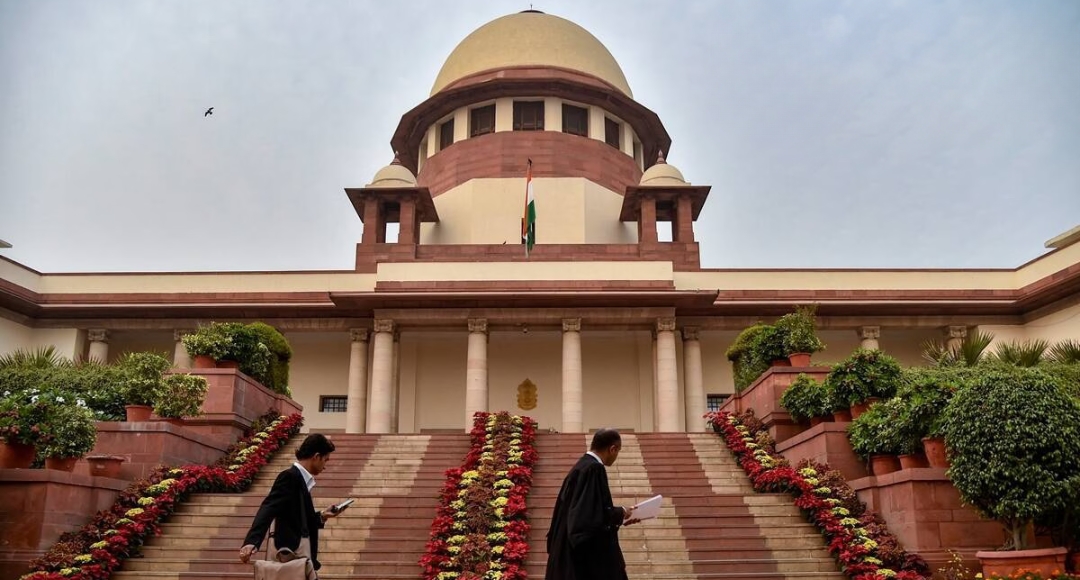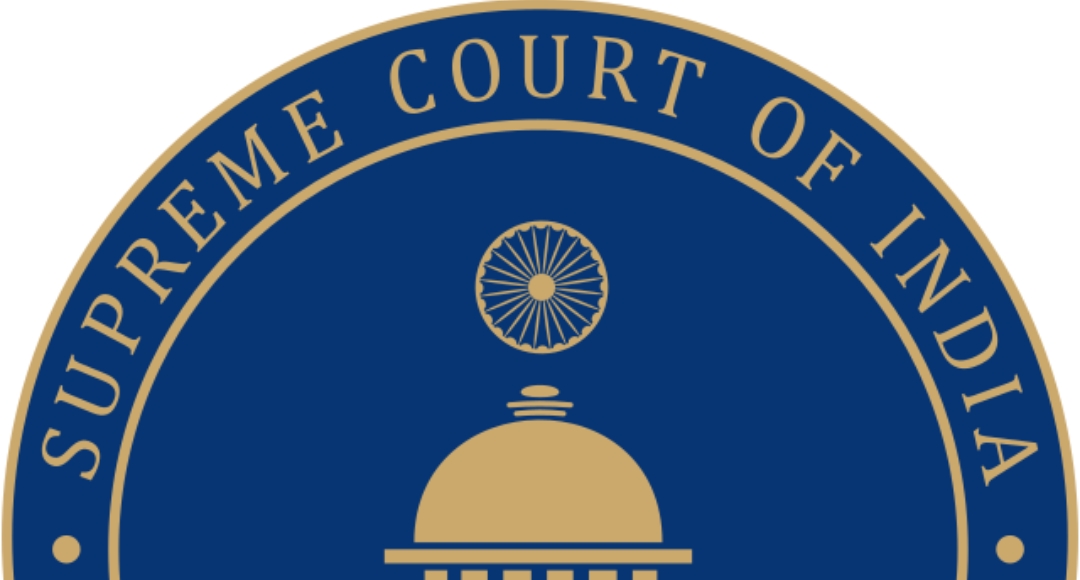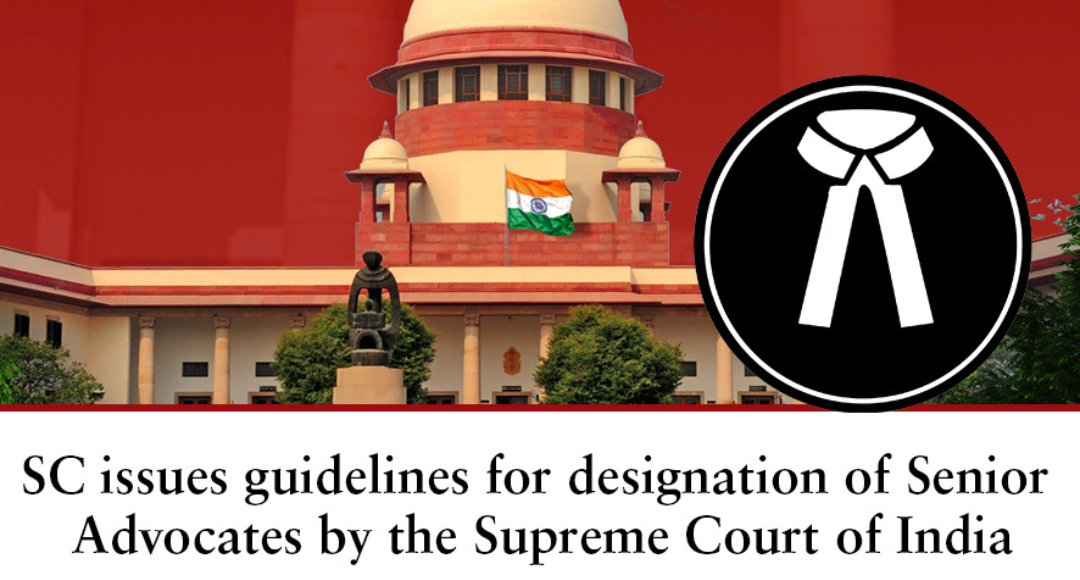Hello friends, Have you ever wondered how a lawyer gets the status of ‘Senior Advocate’? It is a prestigious title, which reflects the expertise, experience and reputation of a lawyer. But recently, the Supreme Court has raised serious questions about this process. The court says that there are many flaws in the current process, which need to be corrected.
Big comment of the Supreme Court
On Thursday, February 20, a two-judge bench of the Supreme Court, consisting of Justice Abhay S Oka and Justice Ujjwal Bhuyan, expressed deep concern over this issue. The court cited the decisions of the Indira Jaisingh case in 2017 and 2023 and called for a review of this process and decided to send it to the Chief Justice of India (CJI) Sanjeev Khanna to decide whether it should be considered by a larger bench or not.

Why did the court object?
The court clarified that its objective is not to question the earlier decisions but to see whether there is any flaw in the process. The court said, “We are not disrespecting the earlier decisions, but we have some concerns, which need to be clarified. It is left to the discretion of the Chief Justice whether he should refer it to a larger bench or not.”
- Is it right for lawyers to apply? The Supreme Court raised the question of whether a lawyer should apply to be made a senior advocate. According to Section 16 (2) of the Advocates Act, this status is granted by the Supreme Court or the High Court, but the lawyer does not have a natural right to it.
- Can an interview of a few minutes determine merit? The court also raised questions on the current 100-mark scheme, in which 25 marks are based only on the interview. The court said that “it is doubtful to evaluate the entire ability and personality of a lawyer in an interview of a few minutes.”
- How will the marks of lawyers with a bad image be reduced? If a lawyer is accused of unethical behaviour or professional misconduct or complaints are pending against him in the Bar Council, then also there is no provision for reducing his marks. The court said, “If a lawyer is not honest, still he can get the same marks, this is not right.”
- Is it possible to review hundreds of files? Lawyers applying for the designation of senior advocate have to submit their decisions and publications. But the court raised the question of whether the Chief Justice and three other senior judges can review the files of every applicant in detail?
Court’s suggestion
Reconsideration of the entire system is necessary The court said that now there is a need to consider a new method regarding this process. When the marks system is full of flaws, will it be right to continue it? This question will now have to be answered by the full bench of the Supreme Court. Questions raised from the case of senior advocate Rishi Malhotra At the root of this entire case was the controversial case of senior advocate Rishi Malhotra. He is accused of giving wrong information and hiding important facts in several mercy petitions. In the same case, the court also sent a notice to Advocate-on-Record (AoR) Jaideep Pati and made it clear that it is the responsibility of the AoR to verify the information presented in the petitions of their clients.

The Supreme Court clearly said, “AoR should be accountable to the court. The client cannot be blamed only for presenting wrong facts or hiding important documents.”
What will happen next?
The Supreme Court has left the final decision on this to the discretion of the Chief Justice. Now it remains to be seen whether the issue will be reconsidered by a larger bench or changes will be made in the existing process.
Disclaimer: This article is written for information purposes. The information given in it is based on various legal sources and news reports. Readers are requested to consult an expert for any legal advice.
Also Read:
Supreme Court Slams Overpriced Lawyers: Justice Must Be Accessible to All
Understanding the Law of Torts Bare Act: A Complete Guide
Comprehensive Law of Torts Notes: Key Principles and Case Studies






